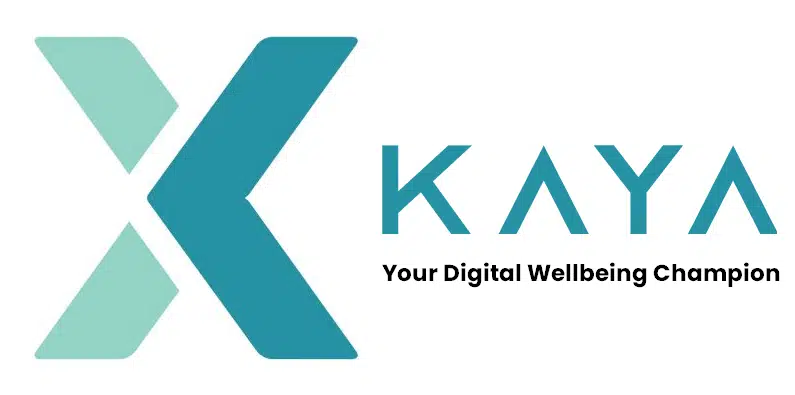BALANCE AND BEYOND
Balance and Beyond- your go-to podcast to uncover how to get the best of your teams & customer and specialist support.
This excerpt from a podcast explores the concept of wellness washing, a phenomenon where companies make misleading claims about their commitment to employee well-being. It outlines how this can manifest in workplaces, such as offering yoga classes without providing adequate time for participation or promoting work-life balance without offering flexible working options. The text highlights the potential negative consequences of wellness washing, such as employee frustration, increased stress, decreased trust in leadership, and ultimately, reduced employee retention. The source provides actionable suggestions to prevent wellness washing, encouraging companies to be transparent, understand employee needs, and invest strategically in initiatives that genuinely support employee well-being.
This podcast explores the importance of holistic wellness programmes in the workplace. It argues that traditional approaches to employee wellness, often focused on physical health, are no longer sufficient and must be expanded to encompass mental, financial, and social well-being. The document outlines six key areas for HR directors to consider when developing comprehensive wellness programmes, including mental health support, physical activity initiatives, financial literacy resources, avoiding superficial “wellness washing”, and creating data-driven programmes based on employee feedback. By implementing a structured approach and aligning wellness initiatives with employee needs, HR leaders can drive meaningful change, boost morale, and improve overall organisational success.
This episode on employee wellbeing highlights the importance of creating a comprehensive strategy that goes beyond traditional health and wellness programmes. It outlines six key elements to consider: engaging employees, extending support beyond physical health, building a supportive work environment, embedding wellbeing into organisational culture, leveraging technology, and using data to continuously evaluate and adapt. The text emphasises the importance of prioritising employee wellbeing to improve retention, performance, and the company’s bottom line. It suggests strategies for achieving this, such as using platforms for gathering employee feedback and integrating technology to provide personalised wellness recommendations.
In this podcast the hosts talk about performance metrics. They argue that traditional performance measurement systems, focused on short-term gains and shareholder satisfaction, neglect ethical considerations and long-term impact. They advocate for a shift to value-driven metrics, which align corporate success with sustainable, ethical practices. This involves incorporating values into every level of performance evaluation, going beyond profit-based metrics to assess ethical conduct and employee well-being, and creating accountability structures that reward sustainable practices. The sources suggest that this approach can not only enhance organizational success, but also promote a more ethical and sustainable business culture. They propose a four step approach that can be used to rethink how business leaders can get started.
In this episode the hosts explore the growing importance of mental health in the workplace and highlight the shortcomings of traditional wellbeing programs. They argue that these programs often fail to engage employees due to a lack of awareness, misalignment with needs, fear of stigma, and insufficient managerial support. The sources propose a solution: adopting an anonymous, employee-centred approach that prioritizes privacy, accessibility, and tailored support. This involves embracing anonymous feedback channels, empowering wellbeing champions, leveraging technology platforms, and providing targeted mental health training for managers. The authors believe this approach can create a culture of genuine support, boosting overall employee engagement and productivity.
The hosts talk about the role of wellbeing champions and provide guidance on how to effectively empower wellbeing champions within organisations. They suggest defining clear roles and responsibilities, implementing structured impact measurement, building an inclusive wellness ecosystem, addressing challenges and building resilience, integrating financial and technological support, and promoting continuous learning and development. They draw upon expertise from various sources, including SHRM, Qualtrics, OfficeVibe, Workology, Vantage Circle, TalentCulture, KAYA, TINYpulse, BerniePortal, and Harvard Business Review, highlighting best practices and resources to optimise the impact of wellbeing champions.
This guide advocates for a data-driven approach to employee wellbeing, arguing it’s crucial for business success. It outlines six key areas: fostering a supportive culture, ensuring clear communication, linking wellbeing to customer success, streamlining access through efficient processes, measuring return on investment, and empowering leaders and champions. The text supports its claims with numerous statistics and examples illustrating the financial and operational benefits of prioritising employee wellbeing. Ultimately, it promotes a holistic strategy for creating a thriving workplace.
This article examines the crucial role of employee accountability in organisational success. It highlights key challenges leaders face in fostering accountability, such as balancing empathy with firm expectations and navigating hybrid work environments. The text then offers practical solutions, including clearly defining roles and goals, building trust, and utilising technology for improved transparency. Illustrative case studies and interactive tools are provided to aid leaders in implementing these strategies and ultimately creating a culture of ownership and high performance.

